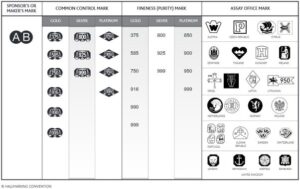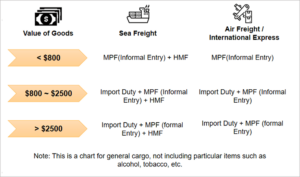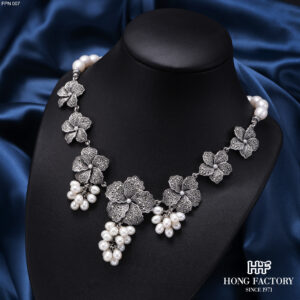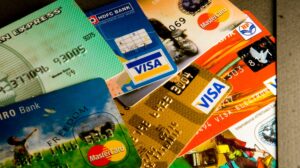Purchasing jewelry while traveling abroad can be an exciting experience, offering unique designs, better prices, and access to locally crafted pieces. However, it also comes with risks, including authenticity concerns, hidden fees, and customs regulations. Understanding the key factors before making an international jewelry purchase ensures that you get high-quality, ethically sourced pieces at a fair price.
Buying Jewelry Abroad: What You Need to Know

1. Research Before You Travel
Before buying jewelry abroad, it’s essential to conduct thorough research on:
- Local Jewelry Markets: Learn about the region’s specialties, such as gold in Dubai, sapphires in Sri Lanka, or silver in Mexico.
- Reputable Jewelers: Look for well-established jewelry stores with good reviews and certifications.
- Pricing Trends: Compare prices online to ensure you are getting a fair deal.
- Common Scams: Be aware of counterfeit gemstones, overpriced pieces, and misleading claims about gold or diamond quality.

2. Verify Authenticity and Quality
- Hallmarks and Certifications: Check for stamps indicating gold purity (e.g., 18K, 750) or silver content (e.g., 925 sterling silver).
- Gemstone Verification: Request a certificate of authenticity for diamonds and precious gemstones.
- Testing Methods: Use a magnet to check for fake gold or bring a portable diamond tester.
- Ask for Documentation: Ensure you receive an invoice detailing the jewelry’s materials, weight, and any warranties.
3. Bargaining and Negotiation
- Know Where to Negotiate: In some markets, bargaining is expected, while in high-end jewelry stores, prices may be fixed.
- Understand Fair Pricing: Offer a reasonable counterprice and be prepared to walk away if the deal doesn’t seem fair.
- Bundle Discounts: Purchasing multiple pieces may give you leverage for better pricing.
4. Customs, Duties, and Taxes
- Import Regulations: Check your country’s customs regulations regarding jewelry imports and duty-free limits.
- Tax Refunds: Some countries offer VAT refunds for tourists—keep your receipts and ask about tax rebate programs.
- Declared Value: Accurately declare high-value jewelry at customs to avoid fines or confiscation.
5. Ethical and Sustainable Considerations
- Fair Trade Jewelry: Look for brands and markets that support ethical sourcing and fair wages.
- Conflict-Free Diamonds: Ensure diamonds are certified conflict-free under the Kimberley Process.
- Sustainable Metals and Gemstones: Opt for recycled metals or lab-grown diamonds when possible.
6. Payment and Security Tips
- Use Credit Cards: Credit card purchases offer fraud protection and better exchange rates than cash transactions.
- Avoid Pressure Sales: Never feel rushed into making a purchase—take your time to evaluate the piece.
- Secure Your Jewelry: If traveling with valuable jewelry, store it in a hotel safe and avoid wearing expensive items in unsafe areas.
7. Returning and Repairing Jewelry
- Return Policies: Understand the store’s return and exchange policies before purchasing.
- Local vs. International Repairs: Consider whether the jewelry can be serviced or repaired in your home country.
- Warranties: Ask if the jeweler provides international warranties or guarantees for authenticity.
Buying jewelry abroad can be a rewarding experience, allowing you to acquire unique pieces at potentially lower prices. However, it’s crucial to research, verify authenticity, and consider customs regulations before making a purchase. By following these guidelines, you can shop with confidence and bring home a beautiful, high-quality piece of jewelry.





